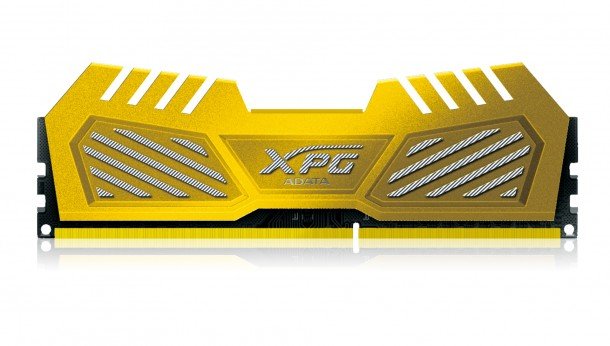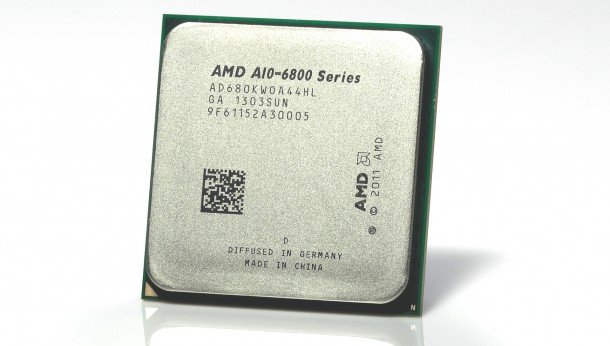ADATA's latest XPG V2 RAM modules push ahead of the competition with 3,100 MHz speeds

Big numbers are certainly good for headlines and the new RAM kits in ADATA's XPG V2 range have some of the biggest in the system memory world. Their new DDR3 modules are rated at 3,100MHz - which is some 100MHz quicker than RAM rivals G.Skill have managed so far. But how important is RAM in a modern rig? Are all those hertz necessary? Let's talk more numbers.
These new Gundam-styled memory modules are built with the new Haswell Z87 chipset in mind and have been created so that all the overclocking pain has been taken out of hitting those headline speeds. The Intel extreme memory profiles will allow you to simply select the 3,100MHz profile from your motherboard's BIOS (yes, you're going to have to delve into that murky world). One reboot later, and you'll be flying along with huge amounts of memory bandwidth.
At that top speed, you're sadly going to hit some incredibly high CAS latencies (the time it takes your memory controller to call and retrieve data from your stick). Without messing with your BIOS and the XMP settings the modules sit at timings of CL9-9-9-24 when they're running at 1,333MHz. Push them up to a nosebleed-inducing 3,100MHz though and those timings soar to CL12-14-14-36.
I told you there'd be more numbers.

High frequency at low latency is the ideal situation, of course. I'll have to wait until I get the sticks in my test rig to see whether high freq/high latency RAM speeds beat lower freq/low latency sticks when gaming. I foresee a lot of memory benchmarking ahead. If I had to guess, I'd be chasing lower latencies for my gaming PC instead of the Mhz.
Memory is becoming important again, and not - as you might expect - because of the new kits released for Haswell. It's AMD and their APUs which really see a massive benefit from high performance system memory.

There's also a lot to be said for high-capacity RAM when you're running your system from a solid state drive. Tom's Hardware recently ran an experiment to see what effect more system memory had on the SSD's workload. The TL:DR of it all is that with more RAM your intensive apps are writing less to the SSD and therefore extending its operational lifespan. If you're running an AMD setup with an SSD, speedy RAM may well be a worthwhile investment.
The biggest gaming news, reviews and hardware deals
Keep up to date with the most important stories and the best deals, as picked by the PC Gamer team.

Dave has been gaming since the days of Zaxxon and Lady Bug on the Colecovision, and code books for the Commodore Vic 20 (Death Race 2000!). He built his first gaming PC at the tender age of 16, and finally finished bug-fixing the Cyrix-based system around a year later. When he dropped it out of the window. He first started writing for Official PlayStation Magazine and Xbox World many decades ago, then moved onto PC Format full-time, then PC Gamer, TechRadar, and T3 among others. Now he's back, writing about the nightmarish graphics card market, CPUs with more cores than sense, gaming laptops hotter than the sun, and SSDs more capacious than a Cybertruck.

